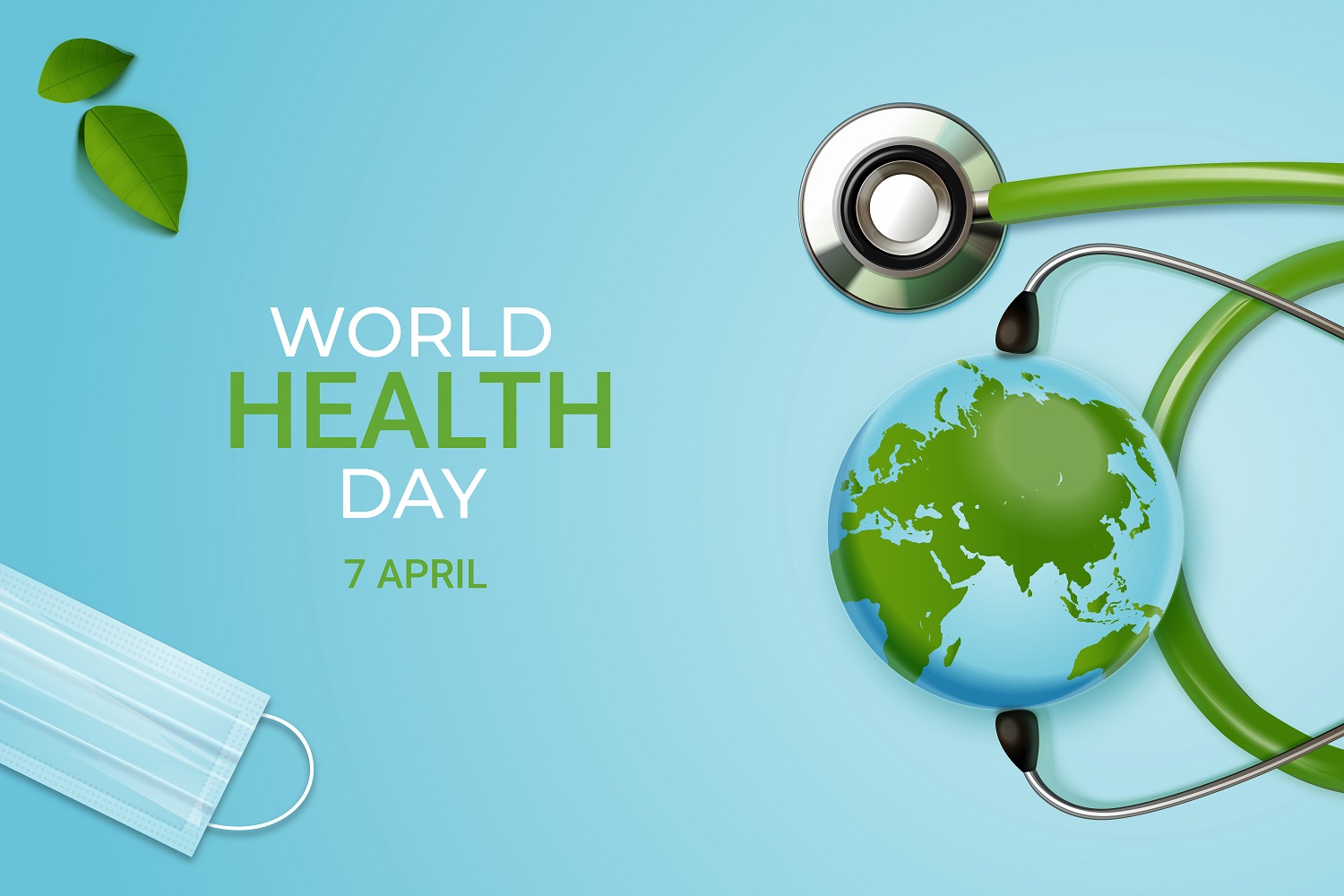Did you know that the first 1000 days of a child i.e., from conception to the 2nd birthday are the most crucial period for their biological development? Yes, this is true. As a society, it is our responsibility to make sure that all babies and mothers receive proper nourishment and quality care following childbirth. If this is made universal, then we will be looking at a population that is healthier and more resilient! This year, the theme for World Health Day is the health of mothers and babies, titled Healthy Beginnings, Hopeful Futures. It invites us to reflect on the most important period of human life i.e., the beginning. The central goal is to place focus on the health of newborns and mothers by recognizing that the earliest stage of life is the foundation of a healthy and prosperous society.
The Rise of Medical Advancements- Expectations Vs Reality
Medical equipment and advancements play a substantial role in reducing global childbirth mortality rates. However, the current numbers related to mortality are still unacceptable. Statistically speaking, over 800 women die every day from pregnancy and childbirth-related complications. This seems apocryphal to hear but is a sad reality. A striking number of these deaths are happening in developing nations. The main reason for this is that there is an inadequate number of trained health professionals, terrible infrastructure, and financial barriers. If we talk of newborns, then approximately 2.3 million babies die within the first month of life every year. The complications stem from pre-term birth, asphyxia& infections. Most of these deaths can be prevented with just timely medical interventions.
Challenges& Obstacles Still Present for Maternal & Newborn Health
If we talk about addressing maternal & newborn health, then we need to understand that it is not just a matter of medical infrastructure. Lack of education, poverty, gender inequality & even social justice are contributing factors. In fact, in rural communities and remote areas, ignorance is also a concern. Just imagine just how absurd it must be to let social beliefs and cultural taboos cause maternal and newborn deaths!
Nutrition, both pre and post-birth remains a critical challenge. Malnutrition among pregnant women causes low birth weight, hindered growth & cognitive disorders in children. Such disadvantages can transform into health illnesses and reduce our economic productivity. The emotional & psychological well-being of mothers is another grey area that needs to be assessed. Therefore, it is imperative to create holistic systems in healthcare that not only treat physical symptoms but also provide emotional and psychological support to mothers.
The Right Approach Moving Ahead
In recent years, mobile health (mHealth) applications have transitioned into a powerful tool to bridge the discord in maternal & child healthcare. In inaccessible villages, pregnant women can receive automated voice calls in their native language for maternity checkups & nutrition tips.
Telemedicine services are also an effective way to dispel childbirth-related advice in places where doctors are not physically present. Beyond this, Electronic Health Records and Data Science can help governments and NGOs monitor pregnancies.
However, technology without proper integration and implementation will not add the value we need and deserve. There needs to be more cultural awakening, language inclusivity & trust in the healthcare system.
We need to
- Train healthcare workers with empathy
- Bring the male population into maternal health debates
- Use media to break stigmas around childbirth and pregnancy
International Policies and Global Standards
If we speak of policies set by the United Nations addressing the health of mothers and unborn children, then the United Nations Sustainable Development Goal 3 (SDG 3) comes to mind.
SDG 3 mentions reducing the global maternal mortality ratio to less than 70 per 1 lakh live births and ending preventable deaths of newborns and children under 5 by 2030. However, achieving this is a tall order and needs strong collaborations from various sectors-
- Community-backed initiatives
- Public-private partnerships
- Tech-driven healthcare innovations
- Corporate Social Responsibility
Conclusion
The theme “Healthy Beginnings, Hopeful Futures” is not only about creating better healthcare standards for the world, it’s also about hope! Quality care during pregnancy, medically assisted childbirth & proper nutrition go beyond saving lives; they become a form of empowerment! This World Health Day, let’s remind ourselves that the journey towards a healthier world begins at birth, and sometimes even before. Let’s fight for policies that uplift maternal & newborn health. This World Health Day, let’s all commit to action. Because when we invest in healthy beginnings, we plant the seeds for a better future.
